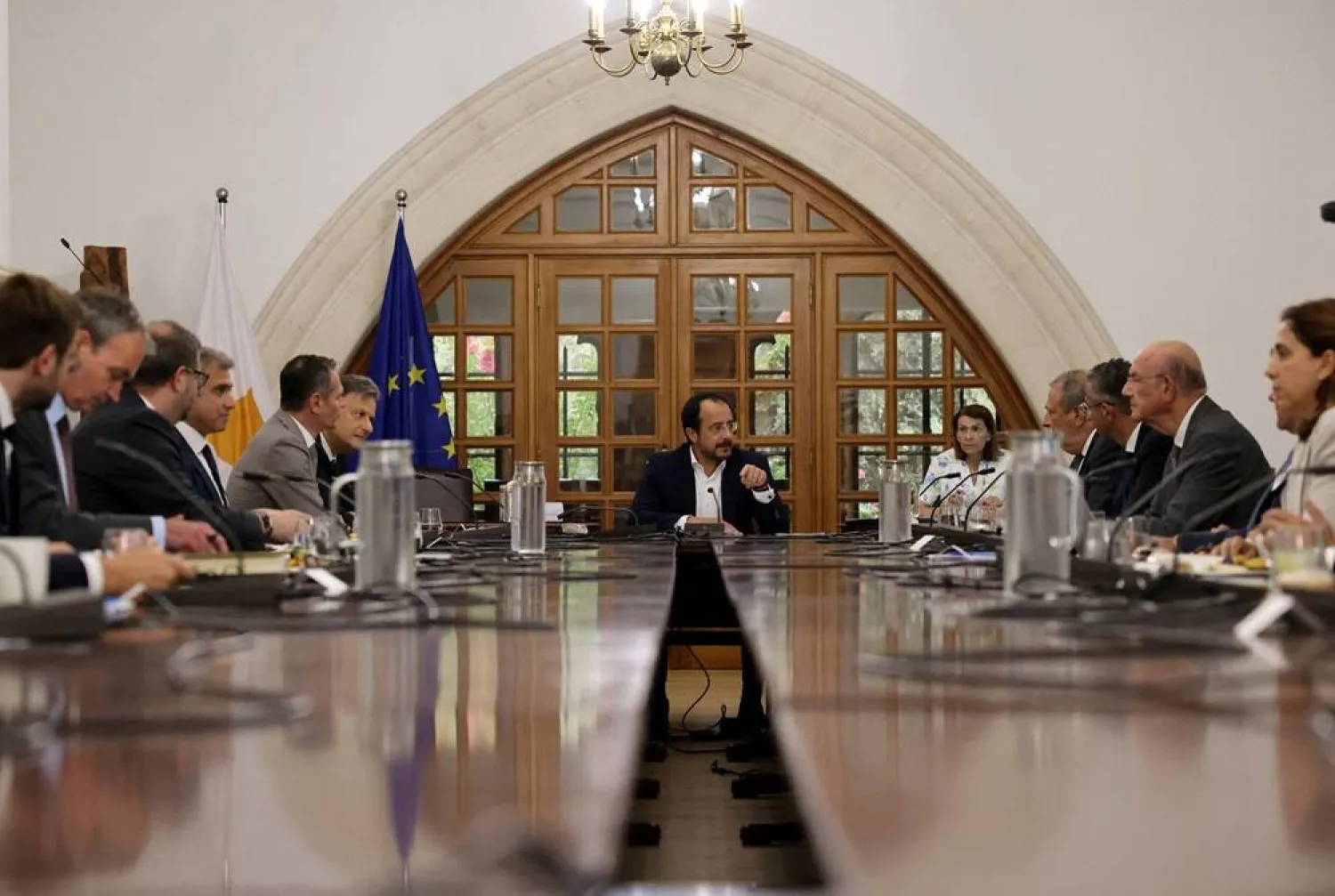Greece and Cyprus have signed a memorandum of understanding (MoU) to press ahead with a subsea electric cable linking continental Europe to the East Mediterranean, the energy ministries of the two countries said on Saturday.
The Great Sea Interconnector (GSI) cable will link transmission networks of Europe to Cyprus in a project costing 1.9 billion euros ($2.12 billion), and later stretch to Israel.
On completion, project promoters say it would be "the world's longest" such high-voltage cable at 1,240 km (770.5 miles) and also the deepest at 3,000 meters.
Based on the MoU signed on Friday night, work on the project will resume in coming days, the two ministries said on Saturday.
Cyprus has proven gas reserves but they have not been tapped. The island still relies on heavy fuel oil to generate electricity, with costs to consumers considerably more than their counterparts in continental Europe.
Although not disputing the need for alternative sources of energy or the GSI itself, there had been hold-ups on the Cyprus end as Nicosia sought clarifications on the total cost of the project, its viability and any liabilities for unforeseen delays.
"This is a project of strategic importance for Cyprus, Greece and the EU since it will link Cyprus to the electricity network of Europe, facilitating its energy transition and the aim of Greece to be a conduit of clean energy," the ministries said.









